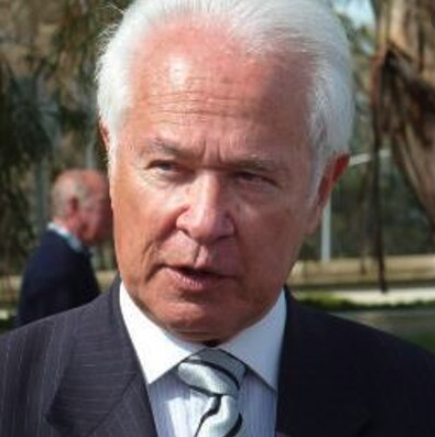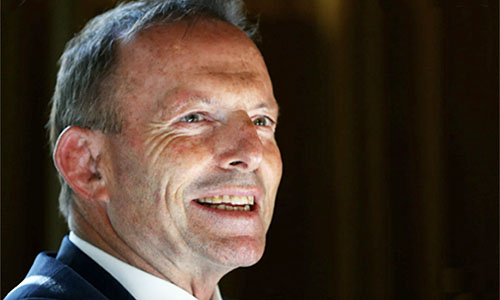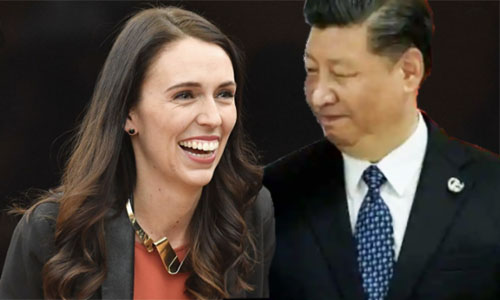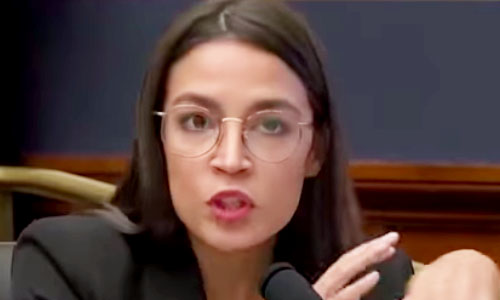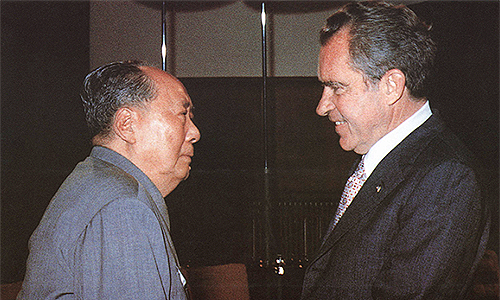
by DAVID FLINT – THE fall of Richard Nixon had disastrous consequences for the West which most commentators have missed.
So concludes Gregory Copley, the Washington-based Australian, described by the founder and former president of the US Heritage Foundation, Edwin J Feulner, as “one of America’s foremost strategists”.
- Moscow was not going to take this lying down.
- There was unparalleled penetration by the Soviets in the US political structure.
- They calculated that if Nixon’s second term was cut short, he’d be unable to fulfill his promises to Beijing.
The first consequence was the US lost the initiative normal for a dominant power, following instead a strategic trajectory mainly determined by its adversaries. (The Reagan and Trump presidencies were exceptions.)
Second, the Nixon fall saw the beginning of the rise of communist China as a rival superpower.
SUCCESS
Copley explains this in a revealing interview on ADH TV, the platform recently described by the Financial Review as Australia’s Newsmax, US Fox News’ up-and-coming competitor.
Strategic success, Copley says, involves following a trajectory determined by the sovereign, rather than by an external force, especially an adversary. Just compare Britain’s imperial century.
So how, a half-century ago, was the situation transformed for the US and how was it undetected until Copley pointed it out?
The US under Nixon was not only fighting a proxy war in Vietnam against the Soviet Union and communist China. The US and the West had also been engaged, for over two decades, in a cold war with the communists, including Beijing.
Nixon realised the communist bloc was not monolithic and he determined to prise Beijing away from Moscow at minimal cost, certainly not by making her a superpower.
Copley learned much from working for White House Chief of Staff General Alexander Haig’s mentor and Henry Kissinger’s colleague, Dr Stefan Possony.
Possony had played a key role in persuading Emperor Hirohito to force the Japanese war cabinet to surrender before the Soviets could take more territory than the Kurile Islands.
With the involvement of the Pakistanis and the Shah of Iran, Kissinger was able to arrange Nixon’s historic 1972 visit.
Washington and Beijing agreed that following the détente, the normalisation of the relationship would be worked out in Nixon’s second term.
Copley says the Soviets were not going to take this setback lying down.
They calculated that if Nixon had to cut short the second term he won in a landslide, he would be unable to fulfill his promises to Beijing, who might then be forced back into the bloc.
Notwithstanding the Americans harping at the British over Soviet penetration,
Copley says there was unparalleled penetration by the Soviets from the 1920s onwards in the US political structure.
This included intelligence, defence and other security services as well as the political Parties. He says the Soviets utilised this capability to make the catastrophe that became Watergate.
Nixon was well aware of what he was up against with the Soviets. He knew that literally everything put before the Washington National Security Committee, no matter how classified it was, was seen by Moscow.
For those who thought the FBI was first politicised under Obama, Copley says Nixon knew he couldn’t trust the FBI to crack down on these leaks.
PLUMBERS
That was precisely why a special unit was formed in the White House. It was called the plumbers unit because, Copley says, it was created to stop the leaks going to the Soviet Union.
The Soviets were determined to thwart that, assisted, as Copley says, by their less-than-apt penetration of Democratic Party headquarters at the Watergate.
That, he says, was escalated by direct political action into a major scandal, which threatened the impeachment of President Nixon and caused him to resign.
Asked whether the Democratic Party was involved in the leaks to the Soviets, Copley says we just do not know.
But we do know that the White House was concerned that the Democratic Party was itself “completely penetrated”.
The disclosure of the plumbers’ existence in the Watergate scandal, trivial compared with what Biden is accused of on the basis of considerable evidence, was only possible because of the complicity of a senior FBI official (later deputy director), William Mark Felt, operating under the celebrated pseudonym “Deep Throat”.
Copley says Felt – along with “two unwitting Washington Post junior reporters” – did what the Soviet leadership wanted.
Copley argues that while we do not know whether he was a willing Soviet asset, Felt fulfilled exactly what Moscow wanted, strongly supported by the US Left.
POINTEDLY
Copley pointedly asks why there was no public discussion in the United States at the time about why the plumbers had been formed. Clearly, it wasn’t just to penetrate the Democratic Party.
While the Soviets succeeded in removing Nixon, they failed to stop the rise of Beijing as a major power out of their control. Copley believes that if Nixon had remained for his second term, he almost certainly would have succeeded in containing Beijing.
His successor, Gerald Ford, was preoccupied with rebuilding the “shattered” US polity.
Jimmy Carter, of whom Copley says his criminal idiocy knew no bounds, not only pulled the rug from under America’s key ally in the Middle East, the Shah of Iran, but accelerated Beijing’s entry into the global trading network.
This culminated in Clinton’s granting Beijing entry to the World Trade Organisation without any real performance conditions. Of Carter, Copley says, he has been made to look slightly more human by the passage of time, and by the appearance of even more anti-American leaders, like Barack Obama, but particularly Joe Biden.
STATUS
Copley has no doubt that had Nixon served a second term, he would have ensured Beijing would not have been allowed to rise to superpower status. He thinks it possible that the effects of the Mao-led mass starvations would have destroyed the CCP had the opening to the West not saved his transitional successor, Hua Guofeng, and later CCP administrations.
The problem since Nixon has been that too many Western politicians and business leaders have shown a mixture of naivety, gullibility and opportunism about accepting dependence on Communist China.
The disastrous results are now blindingly obvious, a fact denied by a significant pro-Beijing clique.PC








